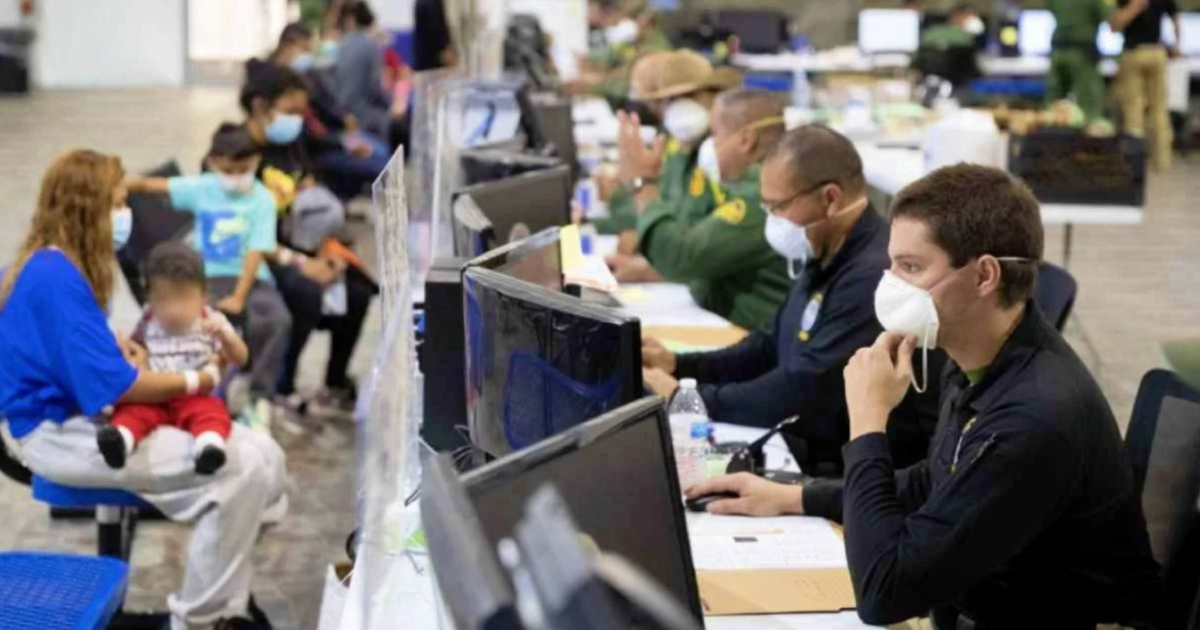Critics claim that the language of the Texas abortion law is dangerously confusing people about the emergency medical exceptions.
The Texas abortion ban has very few exceptions for emergency medical situations, and experts claim that this leaves medical professionals helpless and endangers patients.
The nearly complete abortion ban in Texas came under intense national scrutiny when the nine-member Texas Supreme Court decided against a woman seeking an abortion under the “medical emergency” exception on Monday.
After learning that her fetus had a fatal condition and that having the procedure could jeopardize her life and future fertility, thirty-one-year-old Kate Cox sought an abortion. Her physician stated that she sincerely thought the abortion was required for medical reasons. The matter was taken to the Texas Supreme Court, which decided against Cox, following a state judge’s decision that she could end her pregnancy.
Cox had already left the state to get an abortion elsewhere by the time that decision was rendered, according to her attorneys.
Texas’ “medical emergency” law, which took effect following the US Supreme Court’s overturning of Roe v. Wade, restricts abortion rights to situations in which the pregnant woman is either seriously impaired in her ability to perform a major bodily function or has a condition that is “life-threatening.”
Molly Duane, senior staff attorney at the Centre for Reproductive Rights, claimed that the case is evidence that proposed exceptions to abortion bans are ineffective following the state Supreme Court’s decision.
“Who can obtain an abortion in Texas if Kate can’t?” In a statement, Duane said.
As of September 15 of this year, the state had carried out 34 abortions, according to data from Texas Health and Human Services. Unlike a clinic or a doctor’s office, all of the procedures were carried out in a hospital. All were carried out in order to “preserve the pregnant woman’s health” as well as due to a “medical emergency,” according to the data.
53,949 abortions were carried out in the state of Texas in 2020, the final full year before the state imposed its strictest restrictions on abortion access, as reported by the health department. Less than 1% of those procedures took place in a hospital. According to the data, fewer abortions were performed in the ensuing years.
The state law prohibiting abortions after six weeks came into force in September of 2021. It was one of the strictest abortion laws in the country at the time, forbidding the procedure at a point when many women are still unaware that they are pregnant.
According to the data, there were 17,212 abortions in 2022; the majority of these were carried out prior to the overturning of Roe v. Wade on June 24, which resulted in the state’s total prohibition on abortions save those meant to preserve the mother’s life. Of those, fewer than 1% were carried out in a hospital.
Of 17,212 abortions performed that year, 33 were recorded by the health department as being performed in response to a medical emergency or to protect the health of the pregnant woman.
What qualifies as an emergency in medicine?
Many people were left wondering after the state Supreme Court’s decision: What qualifies as a medical emergency if Cox’s case doesn’t?
“The statute does not provide a clear definition,” stated Sonia Suter, a George Washington University law professor who focuses on reproductive rights and medical ethics.
“Defining an exception for the medical profession in a statute that doesn’t necessarily rely on medical terms is part of the problem,” Suter said.”You sound like you speak two different languages.”
According to Suter, the fact that all 34 abortions that were registered in Texas this year took place in hospitals—as opposed to less than 1% in prior years—indicates that exceptions are only being made in the most extreme circumstances, such as when a pregnant woman is terminally ill or in imminent danger of dying.
Proponents of reproductive health argue that those 34 cases do not fully reflect the number of Texans who require access to abortion care in order to maintain their health and lives.
According to research published in the medical journal JAMA, there was an increase in the US from 2008 to 2021 in the rates of severe maternal morbidity, or unanticipated labour and delivery complications that can have serious acute or long-term health consequences for a woman.
According to data from the Texas Department of State Health Services, there were about 2,200 infant deaths in Texas in 2022—an increase of 11.5% from the previous year. According to a previous CNN report, the spike reversed a nearly decade-long decline in infant deaths.

Citing its concerns, the American College of Obstetricians and Gynaecologists filed an amicus brief in support of Cox.
According to the group, “Texas clinicians’ incapacity to provide basic reproductive health care, as demonstrated in this case, will exacerbate the state’s high maternal mortality rate, which is already at crisis levels, and increase existing disparities in health outcomes for Texas residents.”
A JAMA study that was released in 2019 found that Texas had a sharp increase in maternal death rates between 1999 and 2019.
According to the group, “Texas clinicians’ incapacity to provide basic reproductive health care, as demonstrated in this case, will exacerbate the state’s high maternal mortality rate, which is an obstetrical complication.”
Suter questioned, “Life threatening—well, what does it mean to threaten your life?” Is a 1% risk acceptable enough? Two percent? Ninety percent? How high of a risk must it be?
“May not be a bug, but a feature” is vague.
The Texas Medical Board was urged to offer further guidance on the “medical emergency” exception to the abortion ban by the Texas Supreme Court, which stated that its decision clarifies some legal requirements.
According to the court’s decision, “the courts cannot go further by entering the medical-judgement arena.”On the other hand, the Texas Medical Board can provide more.direction in the face of any prevailing confusion.”
CNN asked the board for a comment, and it never got back to them.
The Texas Supreme Court is currently considering a different case that calls for clarification on the parameters of the exception.
Some claim it’s intentional that providers, courts, and medical authorities have not been able to clarify the exception.
According to Suter, “the vagueness may not be a bug, but a feature.” “Take a look at the statistics; abortions are not occurring. If that’s your main objective, then you want it to be an exception that appears to be reasonable on paper but actually restricts access to abortion.
The state’s abortion prohibitionists contend that doctors have the final say over whether a patient needs an abortion to preserve their life or important bodily functions, and that the legislation cannot cover every scenario that could arise in a medical emergency.
Critics of the law claim that Cox’s case exposed flaws in the reasoning behind it.
Threats of legal action against medical providers
Every physician who permits or assists in an abortion in Texas runs the risk of having their “reasonable medical judgement” contested, which puts them at risk of facing civil or criminal charges, as well as having their medical licence contested, according to Suter. This is because there is no consistent guidance on what constitutes the exception.
A county judge issued a temporary restraining order permitting Cox’s doctor, Dr. Damla Karsan, to assist an abortion under the state’s medical emergency exception prior to the case proceeding to the state Supreme Court.
Attorney General Ken Paxton of Texas responded by sending an open letter to three hospitals that Karsan is affiliated with, threatening to prosecute Karsan for first-degree felonies and to impose $100,000 in civil penalties for each infraction if the hospitals permitted Karsan to perform the abortion.at their establishments.

“You, or anyone else, will not be shielded from civil and criminal liability for violating Texas’ abortion laws,” Paxton cautioned regarding the temporary restraining order.
He went on, “We would like you to be aware that the (temporary restraining order) will end well in advance of the statute of limitations for breaking Texas’s abortion laws.” In the letter, Paxton mentioned Karsan and Cox by name.
Reproductive health advocates established a legal defense network earlier this year to support physicians who perform abortions.
Because there are so many ways to interpret the law, Suter stated, “there’s a serious problem when you are imposing this kind of criminal penalty on somebody who doesn’t know they’re violating the law.”



